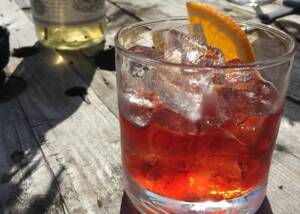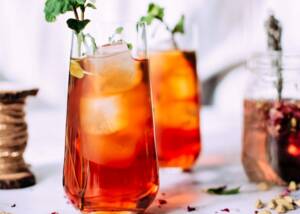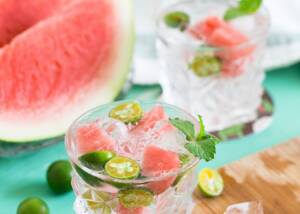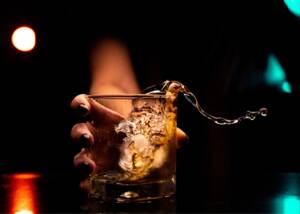Beer and henbane
News News blog
Since 1516, beer may only be produced from water, malt, hops and yeast through natural fermentation. However, the Purity Law was also a ban at the same time. The use of henbane (Hyoscyamus niger), as well as other herbs as a beer additive, was expressly prohibited with this decree.
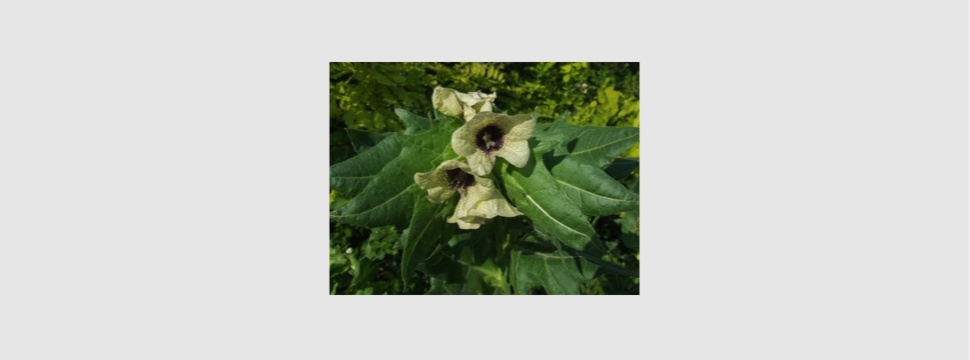
In small doses, beer brewed with henbane is intoxicating; in medium doses it is aphrodisiac. In higher doses it causes confusion and memory impairment, and in overdoses henbane has a lethal effect.
However, henbane has another very interesting side effect for the pub owner: the alkaloids (scopolamine, atropine) cause severe drying of the mucous membranes. So henbane beer is the only drink that makes you thirstier and thirstier the more you drink of it...
The Germanic god of thunder, Thor or Donar, was the most hard-drinking of the gods. That's why the highly intoxicating Bock beers were dedicated to him. So it is quite logical to brew the beer for the thunder god with his plant, the henbane. The use of henbane as a beer wort has been attested since the early Middle Ages. Because of the enormous demand, the Germanic tribes had created henbane gardens especially for this purpose. These hen gardens were under the protection of Wotan/Odin, the father of the thunder god, and were considered healing fields. These former plantations live on in various place names to this day in Germany, e.g. Bilsensee, Billendorf, Bilsengarten - as the German word for henbane is "Bilsenkraut". Thus the Bohemian city of Pilsen after which our modern, strongly hopped beer is called "Pilsner" takes its name from the henbane itself, which gave its name to the real "Pilsener beer". In Switzerland, the old name pilsener krut lives on in the name Pilsenkraut to this day.

